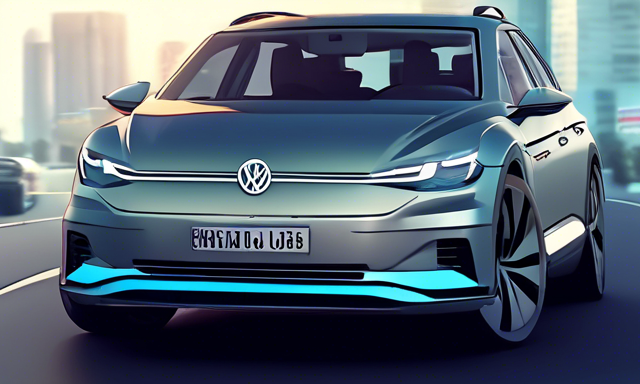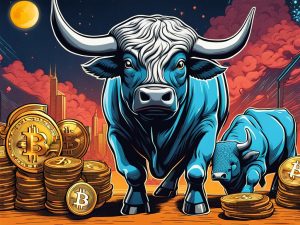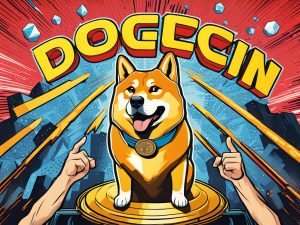Volkswagen Ends Longstanding Job Guarantee to Slash Expenses 🚗💼
Volkswagen has made the significant decision to eliminate a longstanding commitment to protect jobs in Germany, a pledge that has been in place for almost thirty years. This change reflects the company’s urgent need to streamline operations and reduce costs amid a challenging economic landscape for the automotive industry. Let’s unpack what this means for Volkswagen, its employees, and the broader market.
The End of an Era: Job Protections Discontinued 🚫👷♂️
This year, Volkswagen announced the cessation of several agreements that were part of a deal aimed at ensuring job security until 2029. These measures were rooted in a pact from three decades ago that held significant importance for the labor force. However, the company aims to let these guarantees lapse by mid-next year, marking a pivotal shift in its operational strategy.
Additionally, Volkswagen has recently confronted the challenge of needing to cut back on production capacity by half a million units in Germany. This ambitious goal faces complications due to strong labor rights that have historically favored workers at the company, especially given the unique VW Law. This legal framework designates that 20% of the company’s voting shares belong to the state of Lower Saxony, where the main factory is located, affording the state a degree of leverage over certain agreements.
Changing Dynamics in the Auto Industry 🌍⚙️
As the landscape of the automotive sector undergoes rapid transformation, leading figures within Volkswagen recognize the pressing necessity for cost reduction. The competition in the market has intensified, especially with the swift transition to electric vehicles. Companies are racing to adapt to an evolving environment, forcing manufacturers like Volkswagen to rethink their long-term approaches.
- Challenges Faced:
- Weak demand in both Europe and China.
- Intense competition from companies that have taken the lead in electric vehicle production.
The Transition to Electric Vehicles 🔋🚙
The shift towards battery electric vehicles isn’t progressing as swiftly in Western markets compared to the pace observed in China. While some regions may be evolving faster than expected, Volkswagen finds itself struggling to keep up as competitors, notably BYD, have surged ahead. Once a top player in the Chinese market, Volkswagen is now witnessing its position erode rapidly.
Corporate survival in this competitive atmosphere becomes increasingly challenging, and the ramifications could affect numerous entities in the space. While some pure-play electric vehicle companies may falter, established giants like Volkswagen are unlikely to vanish completely, given their substantial backing and investments.
Volkswagen’s Financial Standing 📊💰
It’s important to note that despite these challenges, Volkswagen carries a valuation of approximately €45 billion, accompanied by a robust balance sheet that features almost €40 billion in cash reserves. The company also boasts significant stakes in high-value brands such as Porsche and Lamborghini, which contribute positively to their financial outlook.
The Diminishing Role of China in Profits 🚨🇨🇳
Historically, China has been a critical market for German automakers, accounting for a considerable portion of profits. However, this year, that could shrink dramatically, with forecasts estimating that profits from the Chinese market may drop to as low as 10% of total earnings. The swift rise of local brands, aided by innovative technology and competitive pricing, has placed immense pressure on traditional car manufacturers.
- Potential Outcomes:
- Decrease in the profitability of foreign car manufacturers in China.
- Challenges in establishing brand loyalty and value in the rapidly evolving market.
Hot Take: Navigating a New Automotive Landscape 🔍🚘
As Volkswagen moves forward with its cost-cutting initiatives and adapts to a challenging economic climate, it must navigate a rapidly evolving automotive landscape. The company’s decision to jettison longstanding job protections signifies the urgency in its strategic overhaul. For employees and consumers alike, it represents a crucial juncture in the future of German manufacturing and the broader auto industry, emphasizing the need for adaptability in the face of unprecedented changes.





 By
By


 By
By
 By
By
 By
By